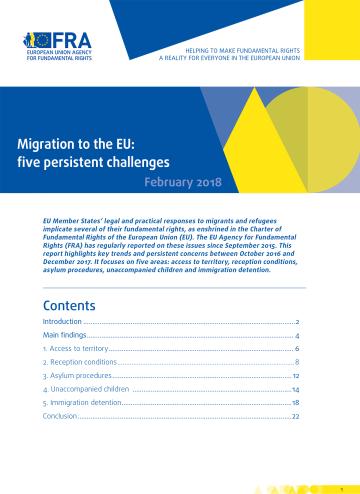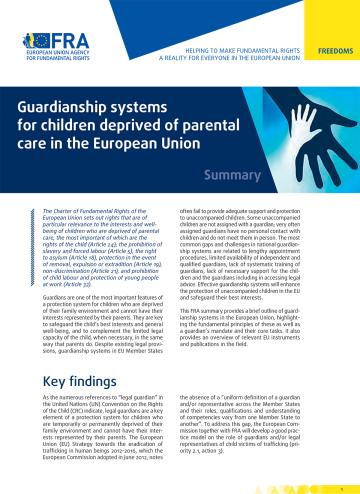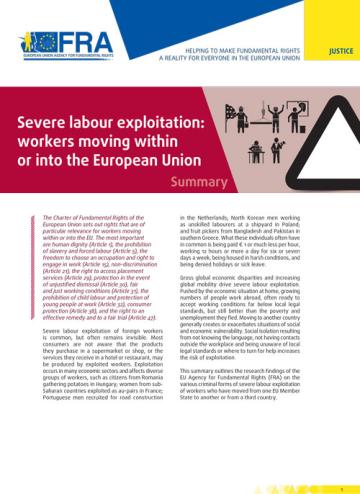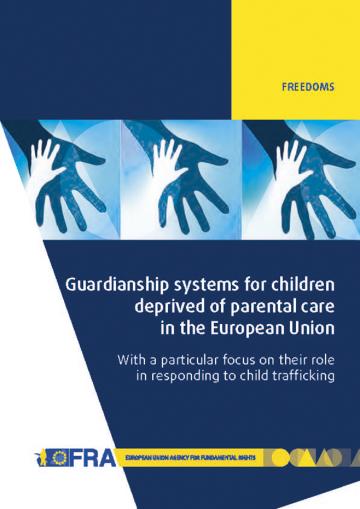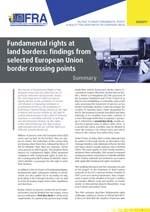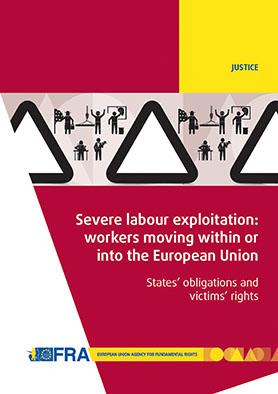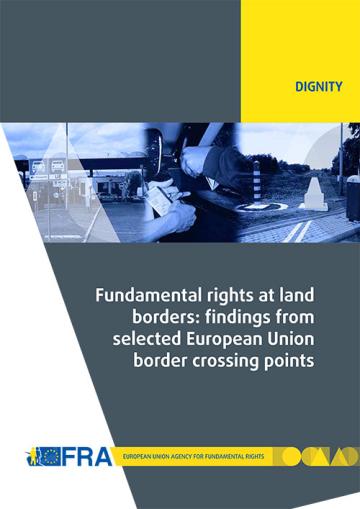1. Pravica v členu 5(1) in (2) ustreza prvemu in drugemu odstavku 4. člena EKČP, ki ima enako besedilo. Zato ima v skladu s členom 52(3) Listine enak pomen in obseg kot pravica iz 4. člena EKČP. Zaradi tega:
- legitimna omejitev pravice, zagotovljene v odstavku 1, ni možna;
- v odstavku 2 je treba `prisilno ali obvezno delo` razumeti v luči `negativnih` opredelitev iz tretjega odstavka 4. člena EKČP:
`Pojem `prisilno ali obvezno delo` v zvezi s tem členom ne vključuje:
(a) dela, ki se zahteva pri rednem prestajanju zapora v skladu z določbami 5. člena te Konvencije ali med pogojnim odpustom s prestajanja zaporne kazni,
(b) katerekoli službe vojaške narave, službe, ki jo zahtevajo namesto obveznega služenja vojske v državah, v katerih je ugovor vesti dopusten,
(c) službe, ki je komu dodeljena ob nevarnosti ali ob nesreči, ko je ogroženo življenje ljudi ali blaginja skupnosti,
(d) del ali služb, ki so sestavni del običajnih državljanskih dolžnosti.`
2. Odstavek 3 izvira neposredno iz človekovega dostojanstva in upošteva nedavni razvoj organiziranega kriminala, kot so organiziranje pridobitnških mrež za nezakonito priseljevanje ali spolno izkoriščanje. Priloga h Konvenciji Europol vsebuje naslednjo opredelitev, ki se nanaša na trgovino z ljudmi z namenom spolnega izkoriščanja: `Trgovina z ljudmi pomeni izpostavljanje osebe dejanskemu in nezakonitemu vplivu drugih oseb z uporabo nasilja ali groženj ali z zlorabo oblasti ali intrigo z namenom izkoriščanja prostitucije, oblik spolnega izkoriščanja in zlorabe mladoletnikov ali trgovine z zapuščenimi otroki`. Poglavje 6 Konvencije o izvajanju Schengenskega sporazuma, ki je bilo vključeno v pravni red Unije in v katerem sodelujeta Združeno kraljestvo in Irska, vsebuje v členu 27(1) naslednje besedilo, ki se nanaša na mreže za nezakonito priseljevanje: `Pogodbenice ustrezno kaznujejo osebo, ki zaradi dobička tujcu pomaga ali poskuša pomagati vstopiti ali prebivati na ozemlju ene od pogodbenic v nasprotju z zakonodajo te pogodbenice o vstopu in prebivanju tujcev.` Svet je 19. julija 2002 sprejel Okvirni sklep o boju proti trgovanju z ljudmi (UL L 203, 1.8.2002, str. 1), ki v členu 1 podrobno opredeljuje kazniva dejanja v zvezi s trgovanjem z ljudmi za namene izkoriščanja delovne sile ali spolnega izkoriščanja, za katera morajo države članice na podlagi tega okvirnega sklepa zagotoviti, da so kazniva.




